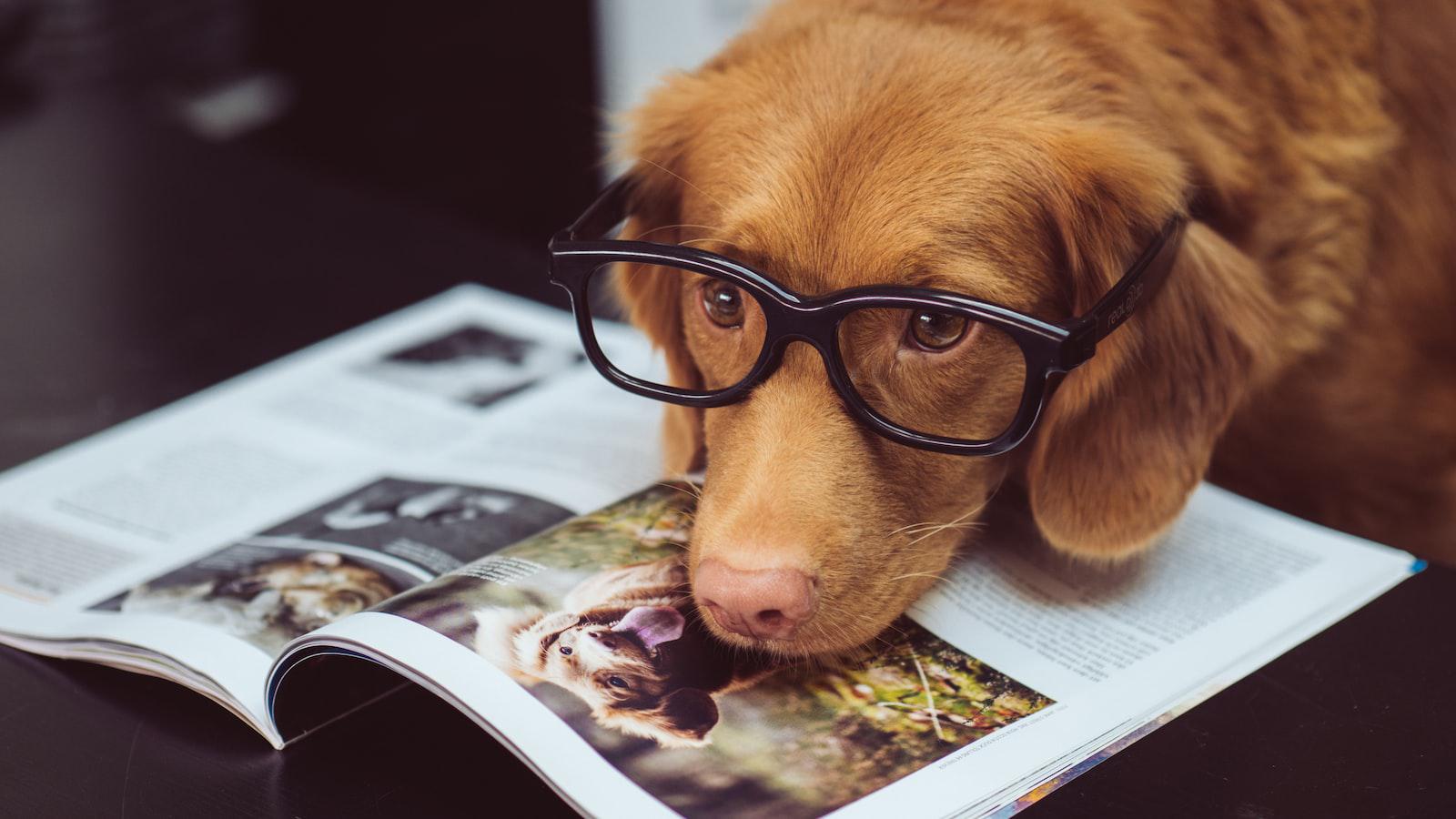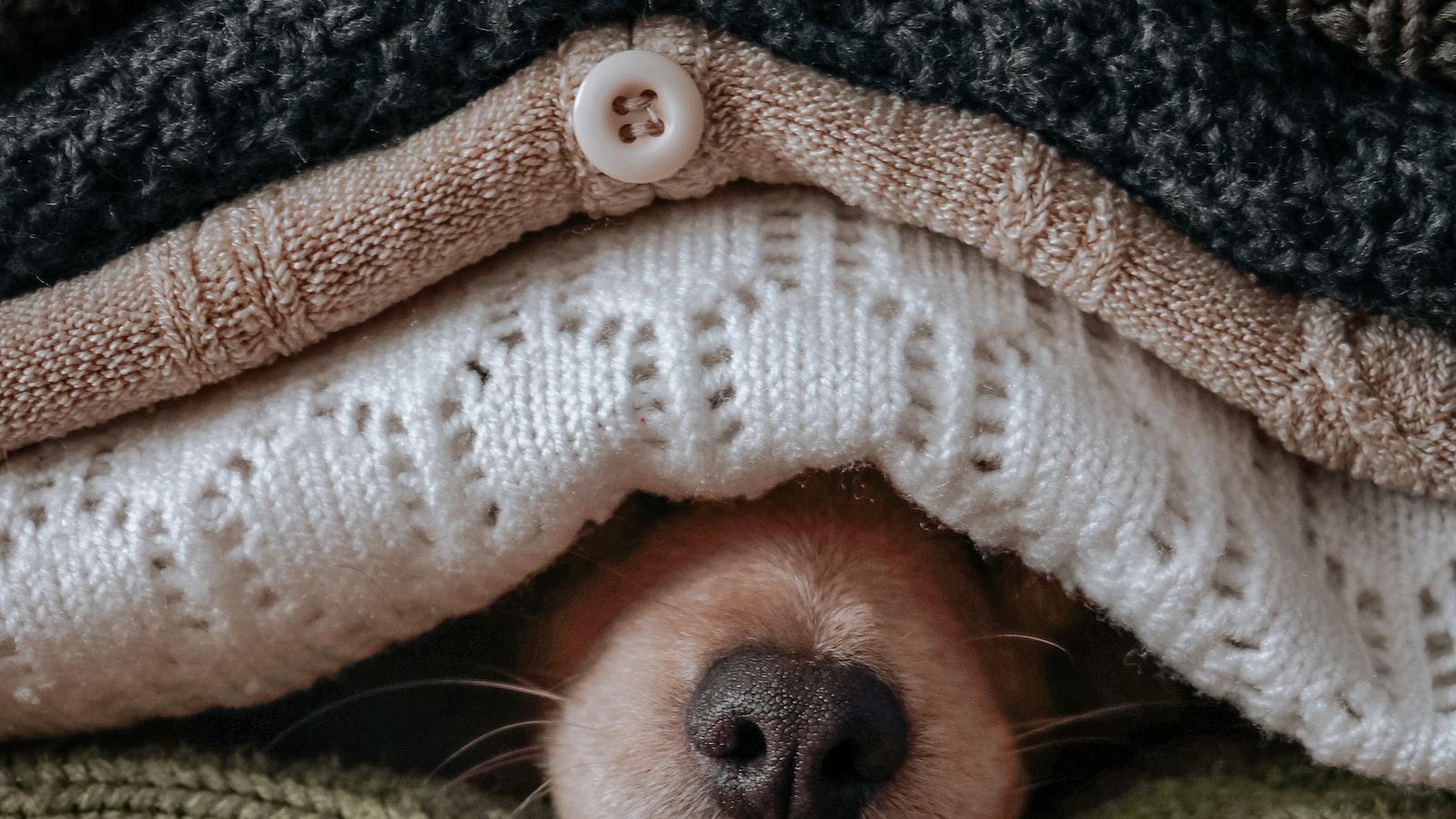Have you ever found yourself in the midst of a heartwarming snuggle session with your furry best friend, only to be rudely interrupted by an unexpected sneeze?
Ah, dogs and their sneezing antics! It’s hard not to chuckle when those little noses twitch and out comes a sudden ”achoo!”
But have you ever wondered why dogs seem to sneeze so much more frequently than humans?
Read on to find your answers
Why Do Dogs Sneeze So Much?
Dogs and sneezing; it seems like an inseparable duo.
You may have noticed that your furry friend sneezes quite frequently, and it’s not just because they got a whiff of something unpleasant!
Understanding the anatomy of a dog’s nose can shed some light on this intriguing phenomenon.
How Dog’s Noses Work
First off, let’s talk about the incredible sensory power of a dog’s nose.
Did you know that dogs have approximately 300 million scent receptors?
That’s about 60 times more than us humans!
These receptors are located in a specialized organ called the olfactory epithelium, which lines the nasal cavity.
Every scent molecule that enters a dog’s nose gets analyzed in great detail, allowing them to detect and identify even the faintest of odors.
Common Causes and Concerns
When a dog sneezes, it’s usually not as random as it may seem.
In fact, there are several reasons why our furry friends can’t resist the urge to let out a big “achoo!
One possible reason for your dog’s regular sneezing is allergies.
Just like humans, dogs can develop allergies to various substances in their environment, such as pollen, dust, or certain food ingredients.
These allergens can irritate their nasal passages, triggering sneezes as a way for their body to expel the irritants and potentially protect against further harm.
If you notice your dog sneezing more during specific seasons or after exposure to certain things, allergies might be the culprit.
Another common cause of frequent sneezing in dogs is nasal infections.
These infections can occur due to a variety of reasons, including viruses, bacteria, or fungi.
But that’s not the only reason dogs sneeze.
Sneezing can also be a form of communication for our canine companions.
Just like humans, dogs use body language and vocalizations to express themselves.
Sneezing can be a way for them to signal playfulness, excitement, or even submission.
It’s like a little nose-based greeting they use to say, “Hey, I’m friendly and ready to have some fun!”
Recognizing Signs of Serious Health Problems
First things first, it’s important to know that sneezing in dogs is completely normal and often harmless.
In fact, it’s their way of clearing out irritants from their nasal passages, just like us humans.
These irritants can include dust, pollen, or even a little piece of grass that got stuck during that playful romp in the park.
So, if your furry friend gives you a cute little sneeze here and there, there’s usually nothing to worry about.
However, there are times when excessive sneezing can be a sign of a more serious health problem.
If your dog’s sneezing becomes persistent, frequent, or is accompanied by other symptoms like nasal discharge, fever, or lethargy, it’s time to take notice.
These could be signs of an infection, allergies, or even a foreign object lodged in their nasal cavity.
If you notice any of these warning signs, don’t hesitate to reach out to your veterinarian for a thorough examination and proper diagnosis.
Aside from sneezing, dogs may exhibit other symptoms when suffering from allergies.
Keep a close eye on your fur baby for signs such as itchy skin, frequent scratching or licking, red or watery eyes, ear infections, or even gastrointestinal issues like vomiting or diarrhea.
If you notice any of these symptoms, it’s important to consult with your veterinarian to determine the underlying cause and provide appropriate treatment for your furry friend’s allergies.
If you notice your furry friend sneezing more often during particular seasons or when exposed to certain substances, it could be a sign of allergies.
Using a dog-friendly air purifier indoors and wiping your pup’s paws and fur after outdoor excursions can help minimize their exposure to pollen and alleviate their sneezing.
If your dog has been in contact with other dogs or is exhibiting additional symptoms like discharge from the nose, coughing, or difficulty breathing, it’s crucial to consult your veterinarian for proper diagnosis and treatment.
They may recommend antibiotics or antifungal medications to help your pup’s nasal health get back on track.
One common infection is kennel cough, which can cause sneezing, coughing, and a runny nose.
If your dog has been in contact with other dogs in a kennel or daycare setting, it’s important to monitor their sneezing and seek veterinary attention if it becomes persistent or accompanied by other symptoms.
In conclusion, sneezing is a common and usually harmless behavior in dogs.
It’s their way of keeping their noses clean and free from any irritating substances.
However, if your furry friend starts sneezing excessively or exhibits other concerning symptoms, it’s best to consult a professional.
Remember, a healthy and happy pup means a lifetime of joy and companionship!
FAQ
Q: Are there specific situations that make dogs sneeze more frequently?
A: Absolutely! Similar to how certain smells or allergens make us sneeze, dogs can also be triggered by various factors.
For instance, some pups may sneeze more often during playtime or when excited.
All that running around can stir up dust or grass, causing the occasional sneezing fit.
Others may react to strong scents, like perfume or cleaning products, by sneezing to clear their noses.
Q: Are certain breeds more prone to sneezing than others?
A: While sneezing is a fairly common occurrence among dogs, it’s difficult to point out specific breeds that sneeze more than others.
However, flat-faced breeds, such as pugs, bulldogs, or boxers, may exhibit more sneezing due to their unique facial structure.
Due to their shortened nasal passages, these lovable wrinkly faces sometimes find it a bit harder to breathe, leading to more sneezing episodes.
Q: Can sneezing in dogs ever be a sign of an underlying issue?
A: In most cases, sporadic sneezing is completely normal for dogs, and there’s generally no cause for concern. However, if you notice that your furry friend is sneezing excessively, has nasal discharge, or shows other signs of discomfort, it may be worth consulting a veterinarian.
These symptoms could be an indication of an upper respiratory infection, allergies, dental problems, or even foreign objects stuck in their nasal passages.
Better to be safe than sorry!
Q: How can we help our sneezing pooches?
A: Well, the first thing we need to do is resist the urge to chuckle every time they sneeze - they’re just too cute! But apart from that, there are a few things we can do to ease their sneezing.
Keeping your home clean and free from dusty environments can help reduce irritants.
Also, avoiding the use of strong cleaning products or perfumes around your furry pal can make a difference.
And remember, regular visits to the vet ensure your dog’s overall health and help catch any underlying issues that might be causing excessive sneezing.
Closing Remarks
So now you know why our four-legged friends sneeze so much! From allergies to playfulness, there are plenty of reasons why dogs let out an adorable “achoo” every now and then.
Next time you see your pup sneezing, you can rule out any major health concerns and maybe even have a good laugh.
Remember, just like us, dogs sometimes need to clear their noses too! So go ahead and give your furry friend a little pat on the head and tell them, ”Bless you, buddy!” after their next sneeze.
After all, it’s just another cute quirk that makes them who they are – our lovable, sneezy companions.












